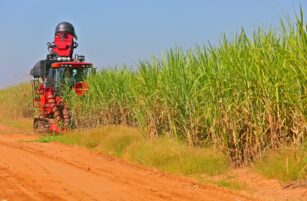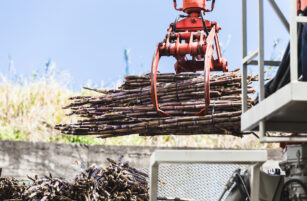
- In this week’s Ask the Analyst, we discuss the world’s move towards electric cars.
- We place a special focus on Brazil, as it has a long history of using ethanol-based fuels.
- If you’d like us to answer one of your questions in next week’s edition, please email will@czapp.com.

A transition to electric vehicles seems inevitable. However, while some countries pledge to ban the sale of combustion cars in less than 10 years, this is not yet the case for Brazil.
The closest we’ve seen is the city of Sao Paulo promising to change its public vehicle fleet to electric cars by 2035.
The reason for this is ethanol.
Brazil has a longstanding tradition of using ethanol in its fuel matrix, which is already a cleaner fuel.
Unlike the US or the EU, where the ethanol blend is less than 15%, ethanol has occupied over 40% of Brazil’s fuel blend for the past five years.

Aside from blending ethanol with gasoline, Brazil also uses hydrous ethanol, which fills the tank directly, thanks to the Flex Fuel Vehicle (FFV) technology that’s been available since 2003. Today, FFVs make up 81% of the total Brazilian car fleet.
Ethanol use is so prominent that Nissan has been looking to use ethanol as a charger for its electric car batteries since 2017. This type of technology is called Ecell. Volkswagen has also recently announced a partnership with Raizen, the largest sugar and ethanol group in Brazil, where the pair will explore and develop this technology.
Another difficulty for electric cars is the initial cost of investment (electric cars aren’t cheap), which makes it virtually impossible for the average Brazilian to substitute their combustion car with an electric alternative. Additionally, heavy investments must be made to expand recharging stations across the country. This is not an easy task when we consider that Brazil is a country of continental proportions.
In short, Brazil will eventually substitute its car fleet, but perhaps via a different path.
We spoke about this at length in the first episode of The Czapp Podcast, which aired yesterday.
Other Insights That May Be of Interest…
Disease Hits China’s Dairy Market
Dairy Suppliers in Asia Benefit from Tight Asian Supply
Explainers That May Be of Interest…












